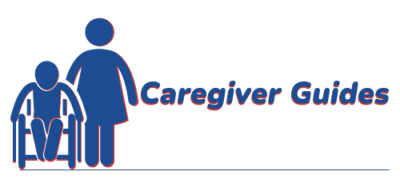
The short answer is that “bilateral” means “both sides”. It’s a phrase that you’ll hear therapists or doctors use when they are talking about “both sides” of the body or both body parts.
For instance, a person with a spinal cord injury that happens to be a paraplegic has weakness or absence of strength in “bilateral” lower extremities. Or a person who has pain in both feet is said to have “bilateral” foot pain.
A therapist may also say they want to work on “bilateral” leg strengthening. Which simply means that both legs will be exercised rather than just one leg.
There are other terms that may sound similar that health care professionals use when describing a condition or region of the body. The following is a short list of similar sounding words.
Ipsilateral – This means same side. For instance, a stroke victim will probably have upper and lower extremity weakness on the “ipsilateral” side. Or, in plane english, the arm and leg are weak on the same side.
Contra-lateral – This means on the opposite side. For instance, you may have weakness on one side but also have an injury/cast/amputation on the “contralateral” side.
Unilateral – This term is used when only one side of the body or body part is involved, such as a unilateral overhead reach. This simply means that you’re reaching over head with one arm rather than both arms.
